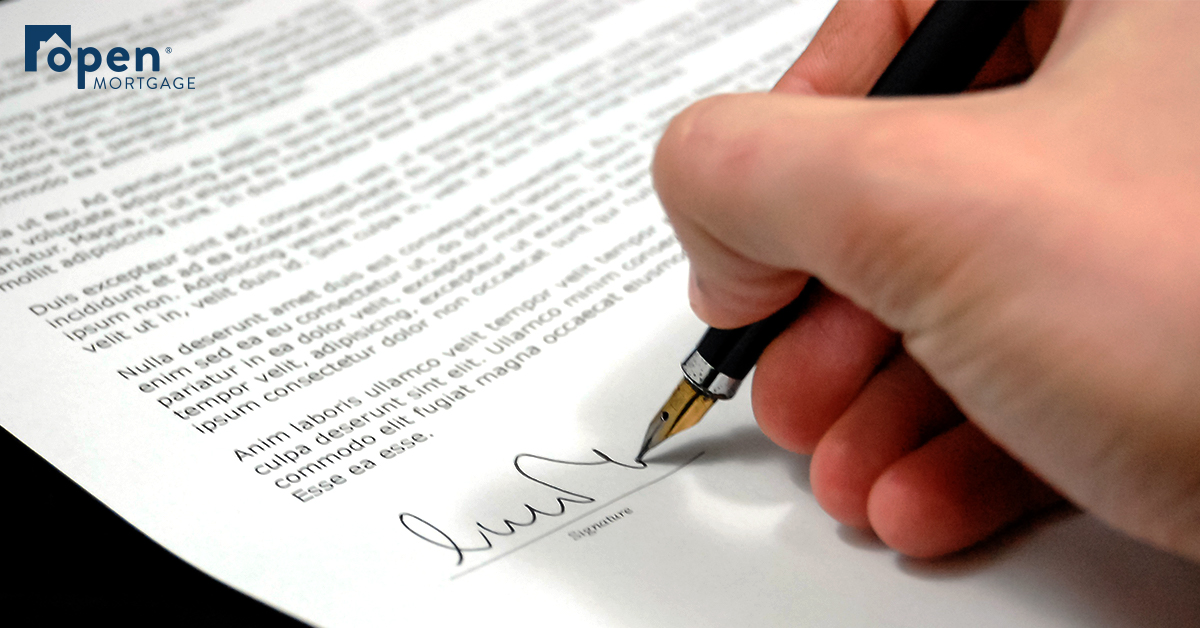
Does it Pay to Refinance Your Home?
If you’re considering refinancing, you’ll need to do the numbers more than once—and different homeowners have different needs and goals.
If you’re a recent retiree with a traditional 30-year fixed rate mortgage, the current rates on a 15-year mortgage might have you wondering: is refinancing worth it? On the other hand, parents with a young family and a 15-year mortgage may be thinking about increasing their cash flow by lowering monthly payments.
In either situation, there’s more to refinancing than lower interest rates. Let’s take a look at some of them.
Time
Individuals considering a faster payoff:
When did you buy your home under your current mortgage? Does it make sense to refinance now? If you have little debt elsewhere and have solid investments already, an individual who is close to retiring may benefit from refinancing to a 15-year mortgage. And speaking of retiring, have you considered putting forward more money into your retirement accounts before refinancing to a shorter-term mortgage?
Individuals hoping to lower monthly payments:
If you’ve got other expenses such as credit card debt, college loans, or haven’t made many investments, it might make sense to switch to a fixed-rate 30-year mortgage, especially if the plan is to stay in the same house long term. Paying down debt with a high interest rate should be considered a top priority when re-evaluating your monthly payments.
Money
Individuals considering a faster payoff:
A shorter mortgage period means bigger monthly payments, even if you’re getting a better interest rate. However, if you can afford to pay a few hundred dollars more a month, in the long run you could save several thousands of dollars in interest. You need to know what you can afford, what you’re invested in, and what makes you comfortable.
Individuals hoping to lower monthly payments:
The biggest reason for lowering monthly payments through refinancing: Freeing up cash flow. Budget needs vary according to individual circumstances, but lower monthly payments can be worth the added interest over time if there’s a concern about the ability to pay the same rate in the future, or if a homeowner wants to put more money into their retirement funds today.
The Fine Print
Individuals considering a faster payoff:
Take a close look at the terms on the mortgage you signed for when you purchased your home. In some cases, there may be a penalty for paying your mortgage off earlier than planned. You may have to pay back fees associated with your original loan. You should also remember that the sooner you pay off your mortgage, the sooner you are no longer able to claim any tax benefits associated with a mortgage payment and escrow.
Individuals hoping to lower monthly payments:
If you’ve bought your home in the last few years, it may be too soon to refinance, depending on your initial terms, your equity and the specific loan you have. Refinancing also means you’ll need to pay closing costs again, so you’ll need to have that money set aside.
 Search
Search




